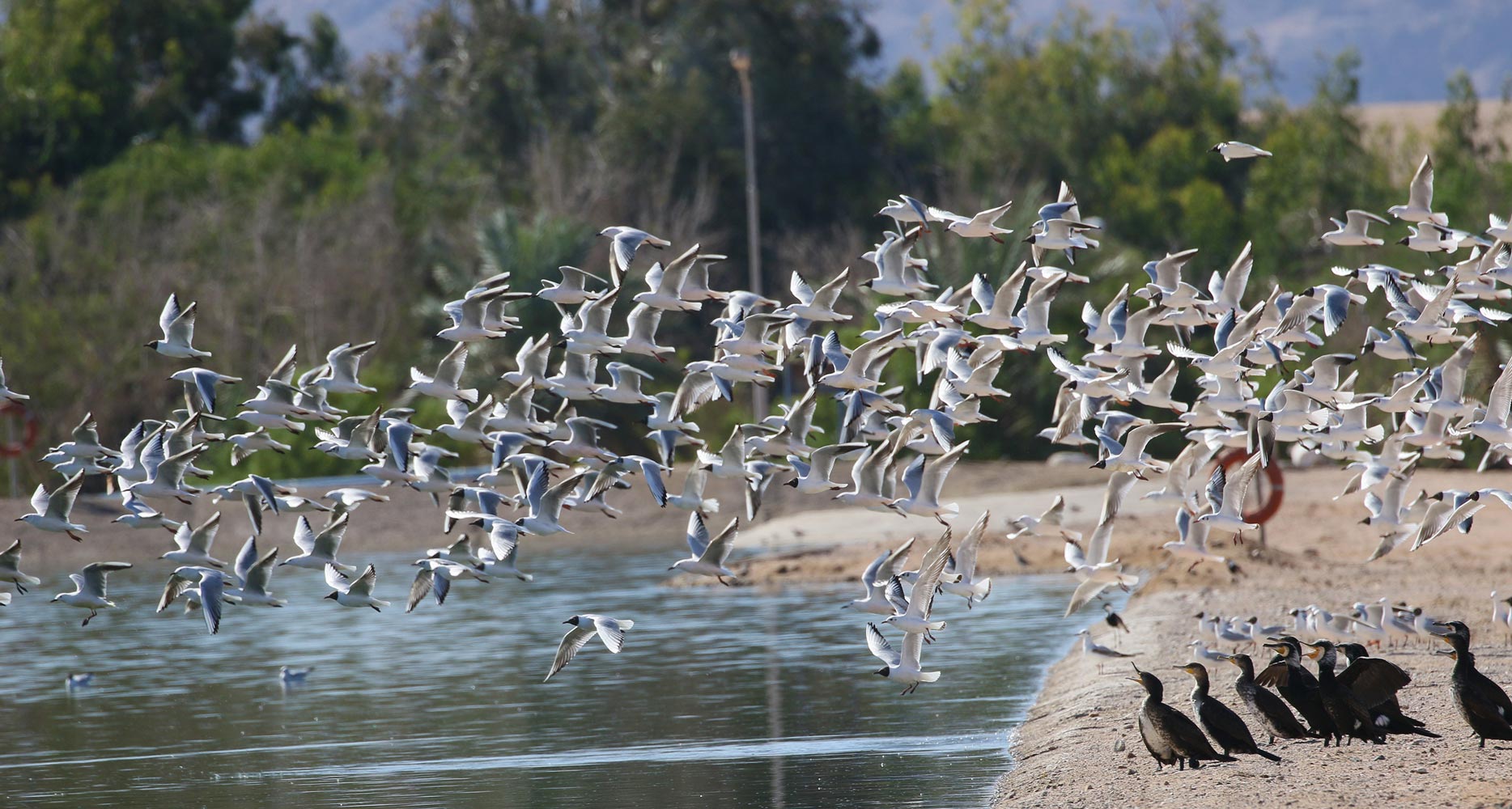Rasoun and Irjan, in the highlands of Ajlun, Northern Jordan
Jordan BirdWatch started implementing a project in May 2021 with the aim of sustaining traditional farming as part of the diverse landscape of Ajlun in northern Jordan.
The activities of this project include training in the packaging and marketing of local products while maintaining the traditional processing ways, and promoting improved practices in agriculture such as integrated pest management.
Additionally, JBW will develop a walking trail crossing both the Fig and Pomegranate orchards, along the Wadi Irjan stream and the surrounding slopes with natural woodland, dominated by evergreen oak shrubs.
The aim is also to make the area more suitable and attractive for visitors including birdwatchers and to diversify income generation in a sustainable way, making local communities more resilient to environmental or other changes.
JBW along with local partners will attempt to raise the level of protection for the remnant natural habitats and maintain ecological connectivity.
Local CBOs will develop the professional capacity to sustain traditional and more sustainable farming, and play a vital role in conserving natural habitats as part of the diverse Mediterranean landscape.
The area is of great importance for threatened plants, e.g. Nazareth Iris, and for a variety of reptiles, birds and mammals which have a limited distribution in Jordan, for instance the Persian Squirrel. Typical breeding birds include Short-toed Eagle, Tawny Owl, Eurasian Turtle Dove, Syrian Woodpecker, Sardinian and Orphean Warblers, Lesser Whitethroat, Great and Blue Tits, Masked and Woodchat Shrikes, Spectacled Bulbul, Palestine Sunbird and Cretzschmar’s Bunting.
JBW is carrying out surveys to establish biodiversity in the area and always welcomes volunteers from Jordan and abroad to participate in its activities. This project is supported by the Critical Ecosystem Partnership Fund (CEPF) and will continue until the summer of 2022. Please contact us for more information.
… read the latest in our post … Supporting Traditional Farming, Protecting Local Diversity
Contact


